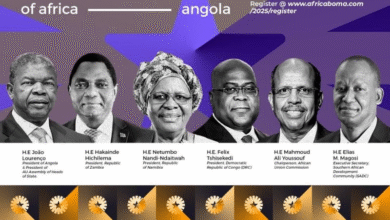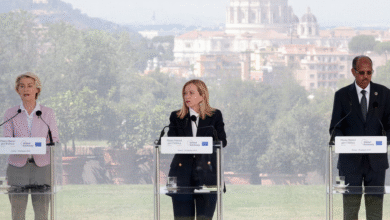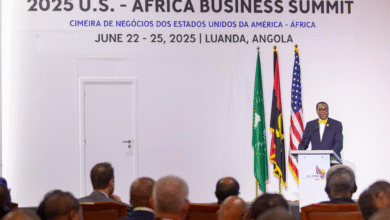The ADB has allocated $ 11 million to the DRC to expand access to electricity at lower cost. Other countries such as Rwanda, Burundi, Kenya and Uganda, but also other areas are also affected by the Subsidiary Action Program of the Nile Equatorial Lakes (NELSAP), an ecological project within sustainable development with a vocation to build international financial partnerships.
This approval of $ 11 million, which took place on 6 July 2016 intends to allow in the short term, access to cheaper electricity in the country. Moreover, these expansion projects also involve the countries of the Nile Equatorial Lakes region. Note that in this region, the national electricity access rates are between 2 and 17%, against 4% in the DRC. Furthermore, the regions of North Kivu and South Kivu, in the DRC, targeted by the Subsidiary Action Program Nile Equatorial Lakes (NELSAP), combine an unmet demand for electricity of 115 MW. Despite the untimely interruptions in the electricity supply, electricity production is provided mostly by a self-production through electric generators running on diesel.
A project committed environmentally
The aim of the NELSAP project is to improve access to electricity in the countries of the Nile Basin, increasing cross-border trade in electricity. Moreover, the project aims to establish interconnections Uganda-Rwanda and Uganda- Kenya and strengthen existing ones between Burundi, DRC and Rwanda.
The implementation of the DRC component of NELSAP will bridge the energy deficit provinces of North Kivu and South Kivu; to promote the exchange of energy between countries connected to the regional interconnected system and increase access to electricity in the project area of 4 to 7%. Finally, populations and economic operators of the project area will save the cost of purchasing fuel for their self-production of electricity using diesel generators.
« In DRC, the project will increase electricity supply, mostly hydroelectric, at a much lower price than the cost obtained by self-production. It meets therefore, the ADB mission, which is to facilitate sustainable access to electricity throughout the region, « said Alex Rugamba, ADB’s director of energy, environment and climate change .
International financial partners
In addition to studies, monitoring, supervision and project management, DRC component also handles the construction of the 220 kV line Goma-Bukavu on 95 km and the Buhandahanda post ; the construction of the 220 kV Goma-Gisenyi on 13 km, without forgetting the post of Goma. The Netherlands, meanwhile, co-finance the DRC component of the project to the tune of 6.5 million Euros. Mobilized besides the ADB, the European Union, the German Government, the KfW German Bank for development, the Japan International Cooperation Agency, the Government of the Netherlands and the Swedish International Development Cooperation have also committed to fund the NELSAP project. The latter will cover the DRC, Rwanda, Burundi, Kenya and Uganda. This funding amounts to $ 223 million. The beneficiary countries will contribute with about $ 10 million.
By Darine Habchi







